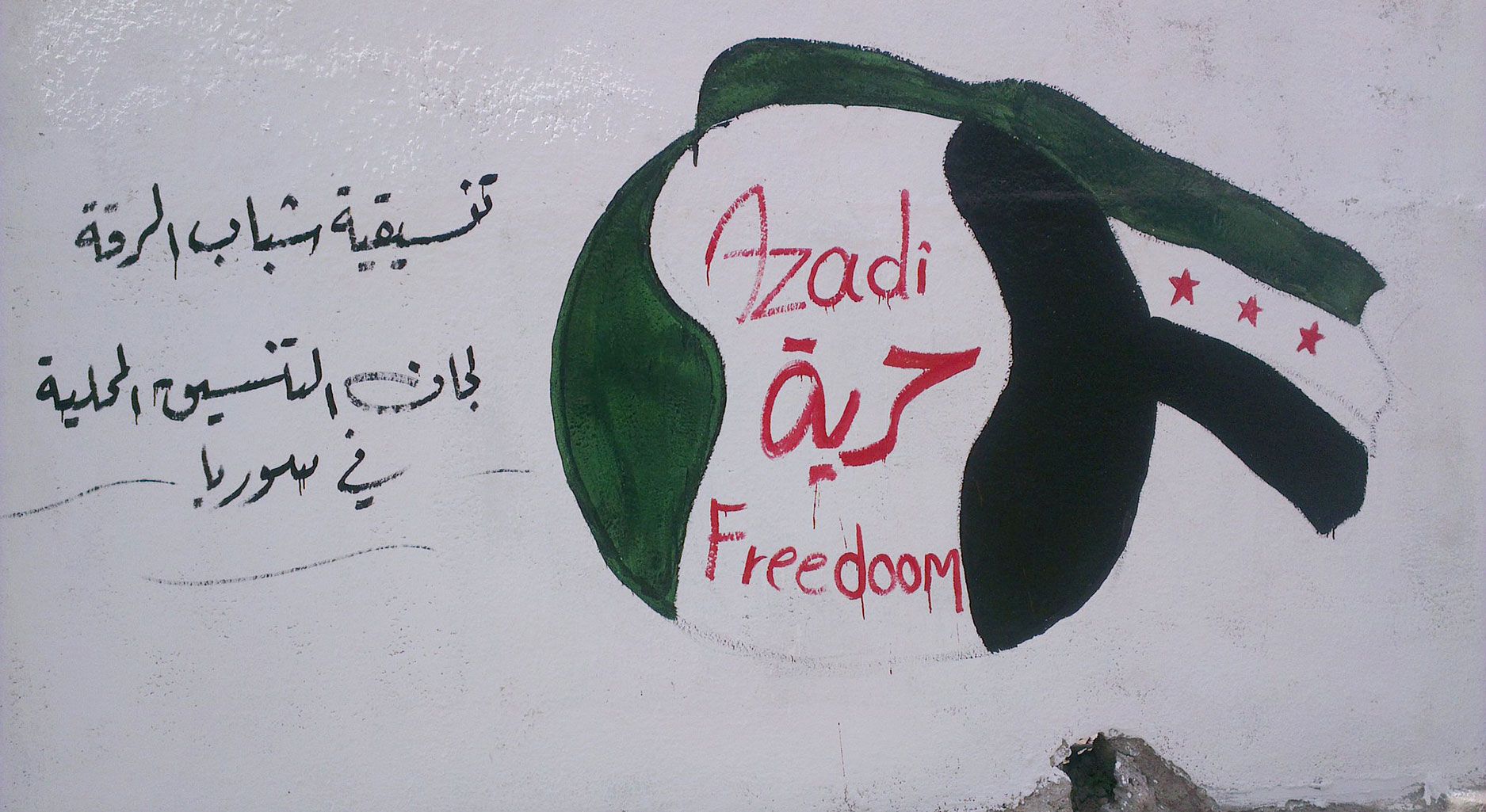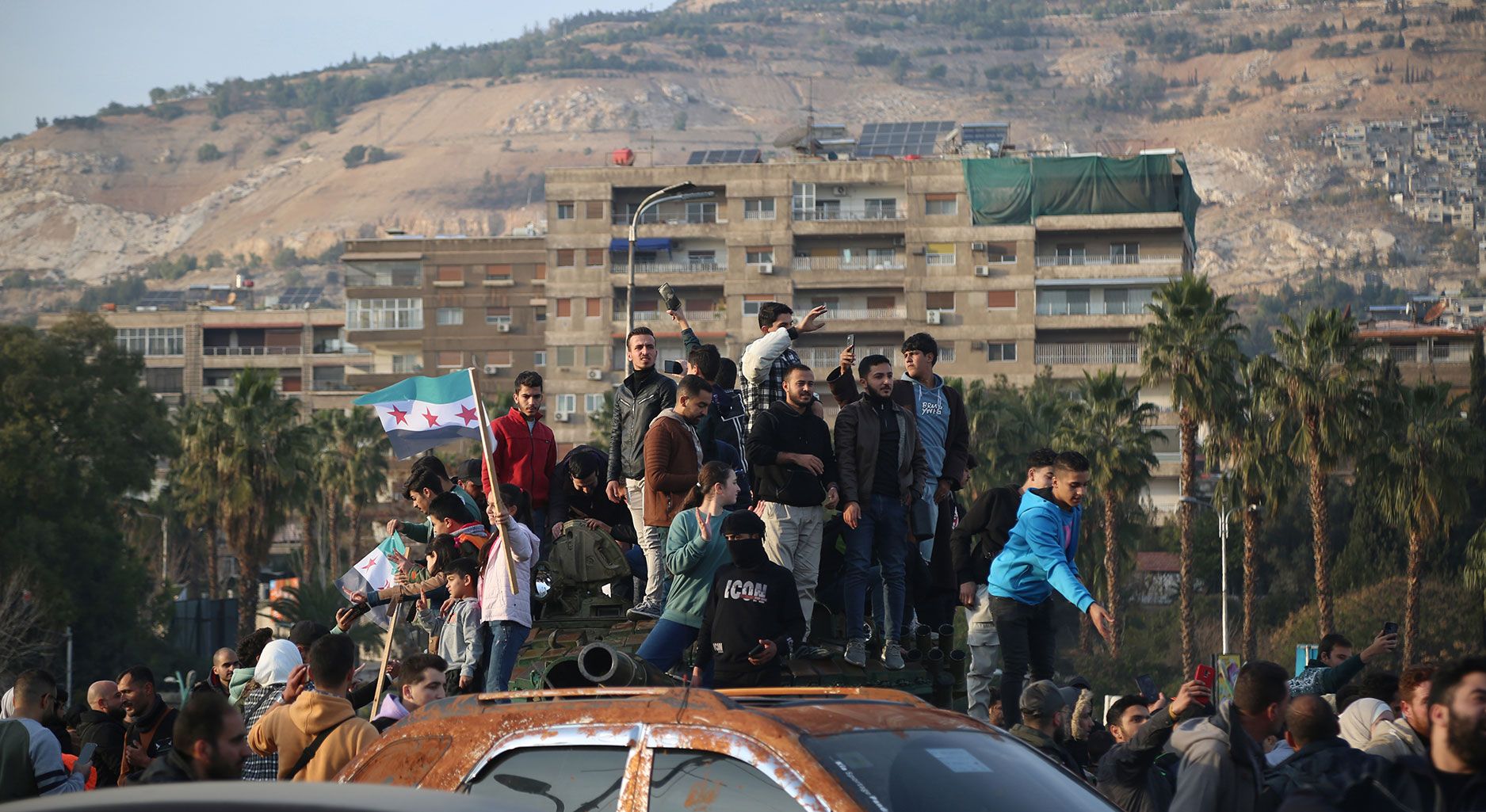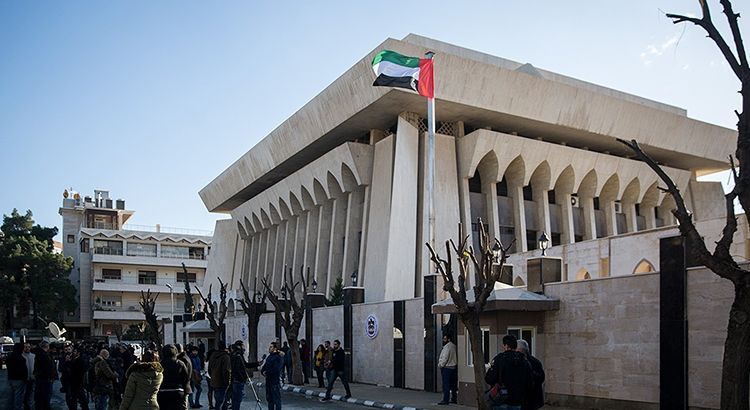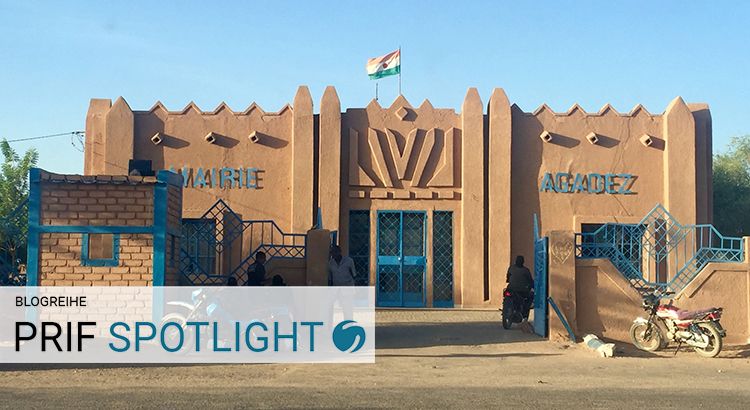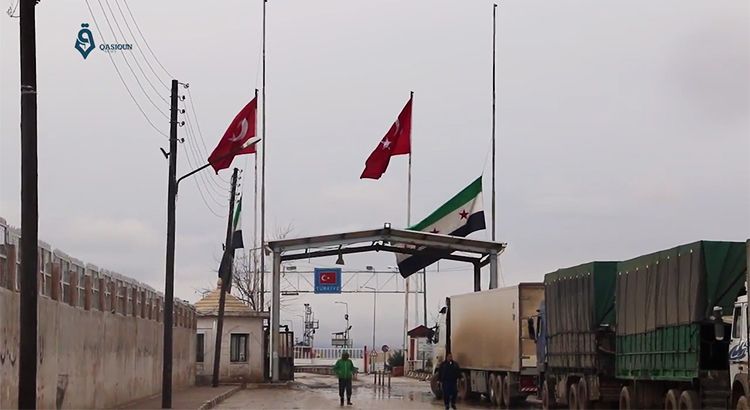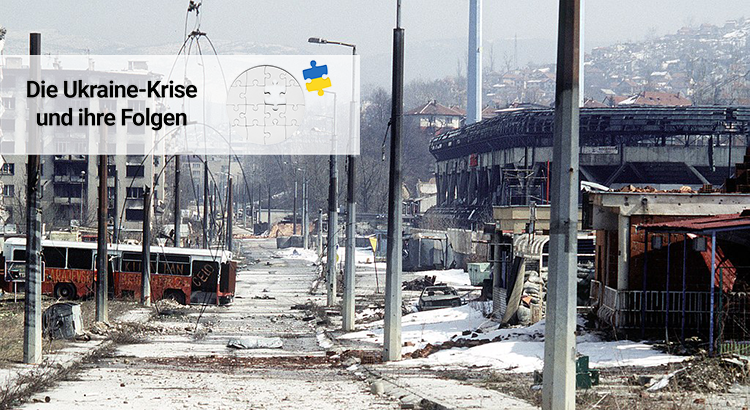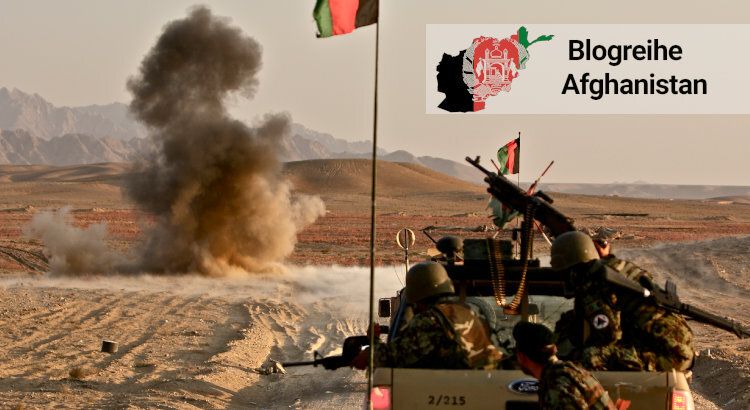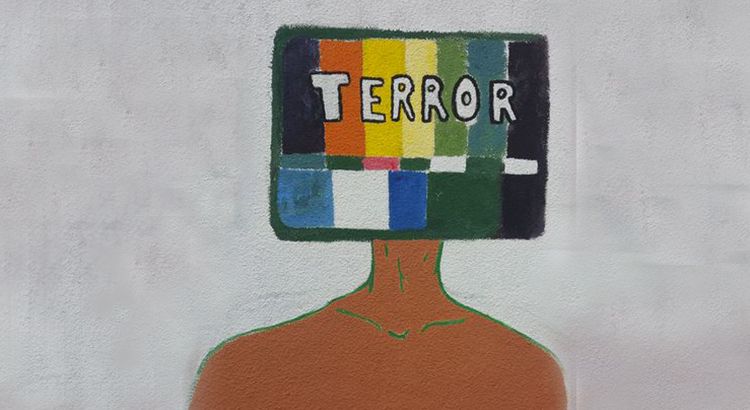Author: Regine Schwab
Dr. Regine Schwab ist wissenschaftliche Mitarbeiterin im Programmbereich „Innerstaatliche Konflikte“. Zu ihren Forschungsinteressen gehören Syrien und der Nahe Osten, Rebellengruppen und politische Gewalt. // Dr. Regine Schwab is a Researcher at PRIF’s Research Department “Intrastate Conflict”. Her research interests are, inter alia, Syria and the Middle East, violent Islamist groups and political violence. | Twitter: @reginesonja
Mehr als dreizehn Jahre litten die Menschen in Syrien unter den Folgen des Bürgerkrieges. In den letzten Wochen ging es dann schnell. Rebellen rückten weiträumig vor und veranlassten Assad zur Flucht nach Moskau. Die Aufständischen haben das langjährige Regime militärisch besiegt. Auf den Sturz von Assad folgten teils euphorische Reaktionen. Doch vor welcher Zukunft steht Syrien nach dem Triumph der Rebellen?
Syrien: Blitzoffensive der islamistischen Rebellenallianz stürzt Assad
Eine Blitzoffensive der islamistischen Rebellenallianz markiert das Ende des Assad-Regimes. Ende November 2024 erobern die Rebellen mit rasantem Tempo große Städte, und Anfang Dezember fällt auch Damaskus. Der Zusammenbruch der Ba’ath-Regime-Truppen erfolgt wie ein Dominoeffekt, und Baschar Al-Assad ist im russischen Exil – ein Wendepunkt im syrischen Bürgerkrieg. Der Beitrag beleuchtet die Hintergründe der dramatischen Ereignisse in Syrien und wirft einen Blick auf die Zukunft des Landes.
Arab States’ Incentives Towards (not) Normalizing Relations with Syria – Islamists and Drug Trafficking?
Syria has returned to the stage of regional diplomacy with the readmission of Damascus to the Arab League after a 12-year suspension. The country’s comeback is the outcome of regional diplomatic efforts that started in 2018 but reached their climax after the devastating earthquake in Syria and Turkey in February. Normalization with Syria comes without any accountability for the crimes the Syrian regime has committed against its own people nor a change in behavior that would signal the end of the suffering of Syrians. We argue that despite international and regional factors setting the stage, domestic factors are Arab states’ main incentives for normalization.
The Externalization of EU Borders: The Case of Agadez
While the externalization of border enforcement to African states may have contributed to a decline in arrivals to Europe via the Mediterranean Sea, Nigerien and European Union (EU) authorities have neglected the immense negative impacts of these migration policies on local communities, refugees, and migrants. This spotlight provides an overview of the local implications of the EU’s strategy of externalizing its borders towards transit states in Africa. It focuses on the case of Agadez in Niger, which has been the primary transit city within the Sahel region for migrants and refugees in transit to Europe.
Eine politische Naturkatastrophe in Nordwestsyrien – das Erdbeben und das Versagen der internationalen Gemeinschaft
In den frühen Morgenstunden des 6. Februar verwüsteten ein Erdbeben der Stärke 7.8 und mehrere Nachbeben das syrisch-türkische Grenzgebiet. Fast 40.000 Menschen haben bisher in beiden Ländern ihr Leben verloren, darunter mehr als 3500 in Syrien. Ein weiterer Anstieg der Todeszahlen wird befürchtet. Die bisherigen Schätzungen legen nahe, dass die meisten Toten und Verletzten innerhalb Syriens im von Rebellen kontrollierten Nordwesten des Landes zu beklagen sind, der schon zuvor durch Jahre des Krieges und der gezielten Zerstörung von Infrastruktur durch die syrische Regierung und Russland extrem gelitten hatte. Erneut hat die internationale Gemeinschaft die Menschen in Nordwestsyrien im Stich gelassen.
Blick zurück nach vorn: Was droht bei einer Belagerung ukrainischer Städte?
Bei ihrem Überfall auf die Ukraine sind die russischen Truppen auf größeren Widerstand gestoßen als von ihrer Führung offenbar erwartet. Kiew und andere Städte stehen weiterhin unter Kontrolle ukrainischer Kräfte. Wie das russische Militär darauf reagieren wird, ist offen. Möglicherweise sieht es zunächst von Versuchen ab, stark verteidigte Städte vollständig einzunehmen, und setzt stattdessen auf deren Belagerung, die mit massivem Beschuss einhergeht. Was dann den Menschen in Kiew und anderswo in unmittelbarer Zukunft droht, zeigt ein Blick zurück auf die Belagerungen von Sarajevo in Bosnien-Herzegowina sowie Ost-Ghouta und Aleppo in Syrien.
Withdrawal of NATO troops – Comeback of the Taliban?
Although peace agreements in armed conflicts in which at least one party has framed its demands in religious language are rare, they do exist. In particular, peace agreements have been reached with certain kinds of Islamist groups. After several rounds of unofficial and official negotiations, and a military stalemate between Afghan and NATO forces and the Taliban, former U.S. President Trump announced a peace agreement with the group in February 2020. However, after President Biden’s recent announcement to unconditionally withdraw U.S. forces from Afghanistan, the prospects for an agreement or even a ceasefire between the Taliban and the Afghan government seem bleaker than ever, with the Taliban resurging and U.S. diplomatic leverage decreasing.
Why not to deport suspected ‘terrorists’ to Syria: a security perspective
In their meeting in December 2020, German interior ministers decided not to prolong the general ban on deportation to Syria in place since 2012, which makes Germany among the first European countries to take this controversial move. Refugees with a criminal record and suspects of planning terrorist attacks, the so-called ‘Gefährder’ are facing possible deportation to Syria. Building up on a discussion of Syria’s ambiguous historical relationships with militant Islamists, this blog post argues that sending suspected terrorists back to Syria does not serve a long-term goal of countering violent extremism.
Who are these “Islamists” everyone talks about?! Why academic struggles over words matter
Politicians, the media, and social media users alike have framed recent attacks in Europe as instances of “Islamist” violence. The current debate often remains superficial and uses the umbrella term of “Islamism” to describe a diverse spectrum of actors, ideologies, and activities. Notably, conflating Salafi jihadism with other manifestations of Islamism risks consolidating a unified enemy image of “the Islamists” – or, even worse, Islam. This blogpost aims at disentangling these labels, in particular pointing out two discursive pitfalls: the securitisation of Islam and Muslim communities, and the equation of Islamism with terrorism.
Krieg der Bilder – wie das syrische Regime den Bürgerkrieg im Fernsehen weiterführt
Bewaffnete Konflikte werden nicht nur durch Waffengewalt ausgetragen, sondern auch im gesellschaftlichen Diskurs. Diesen zu manipulieren und in die politisch erwünschte Richtung zu lenken, ist das Ziel von Propaganda. Film und Fernsehen spielen dabei eine zentrale Rolle, wie zahlreiche Beispiele aus dem Nationalsozialismus und anderen Kontexten zeigen. Im Gegensatz zu Dokumentationen und Nachrichten dienen Spielfilme und Serien in erster Linie der Unterhaltung. In Diktaturen erfüllen diese jedoch oft auch einen propagandistischen Zweck – starke Bilder, eine interessante Storyline und hochkarätige Schauspieler*innen treffen auf polarisierte Darstellungen eines Gegenstandes. Diese Mischung macht die Filme umso wirkmächtiger, wie ich im Folgenden anhand von einigen syrischen Produktionen zeigen möchte.
